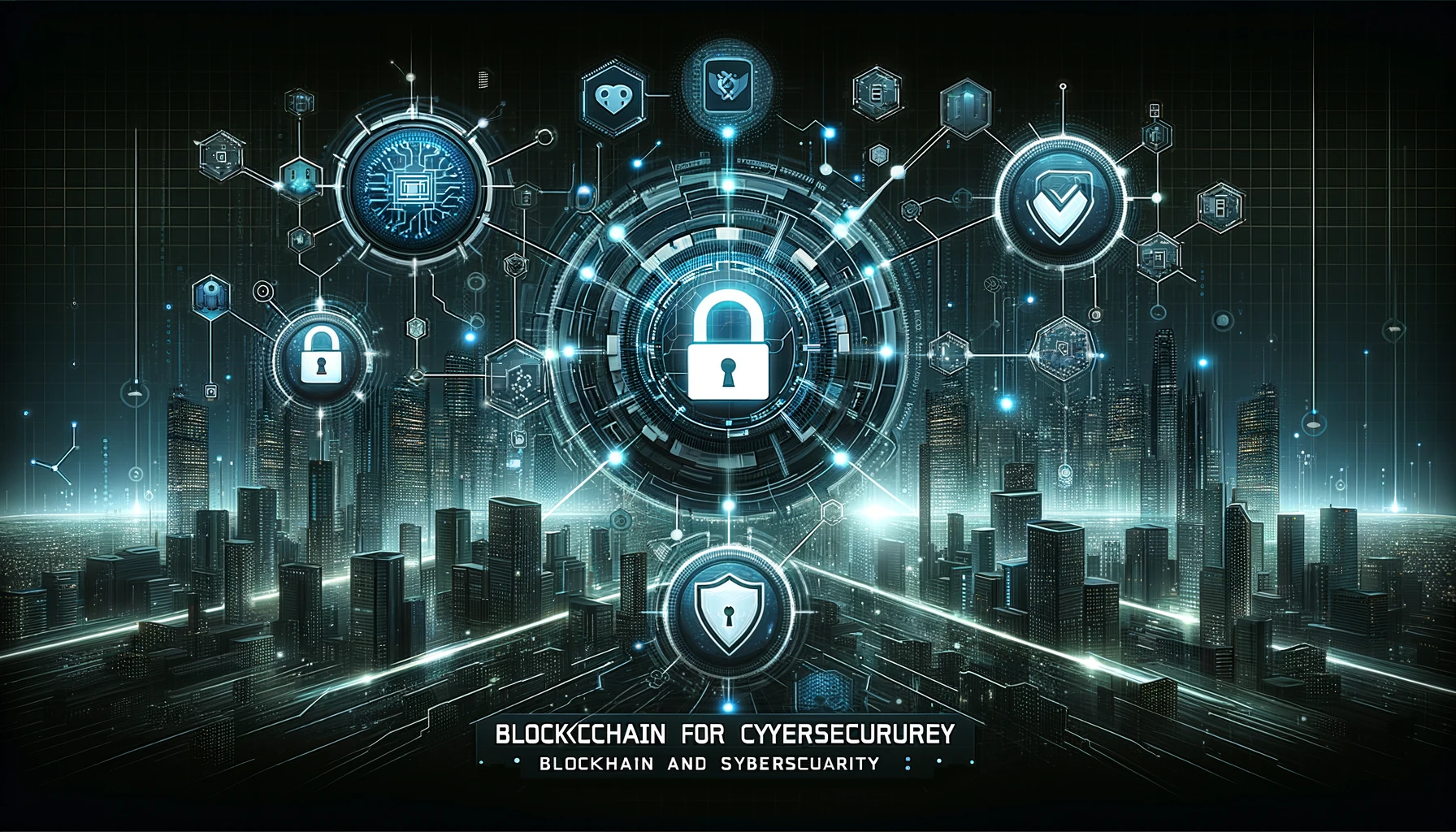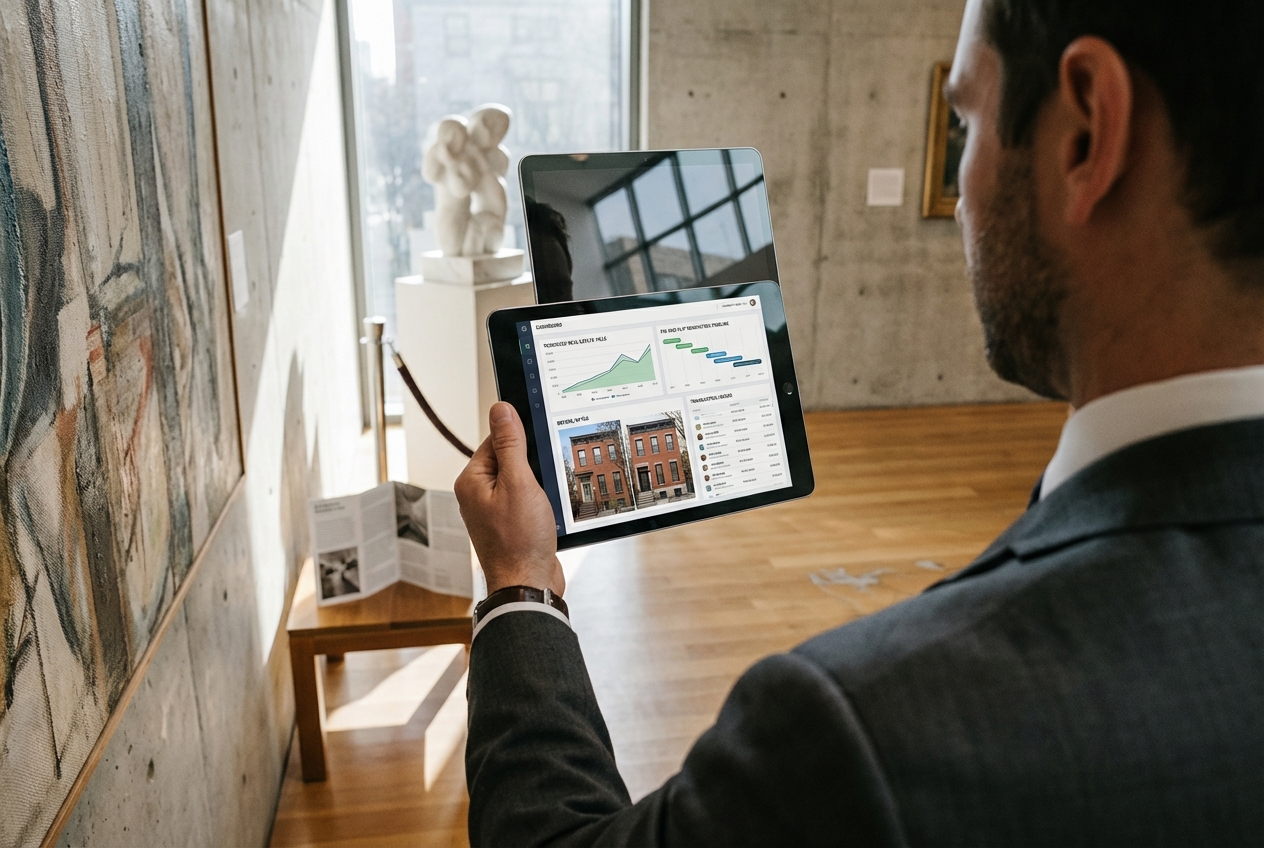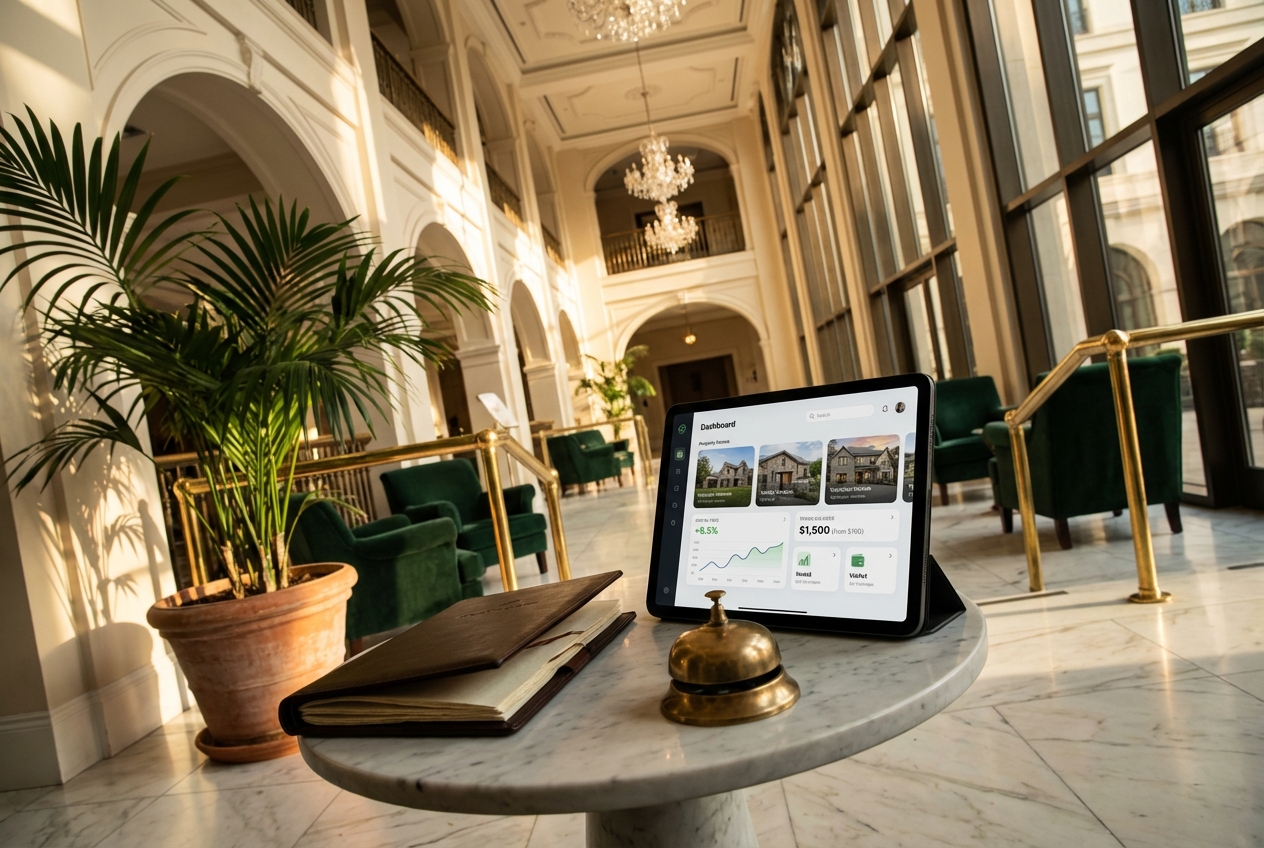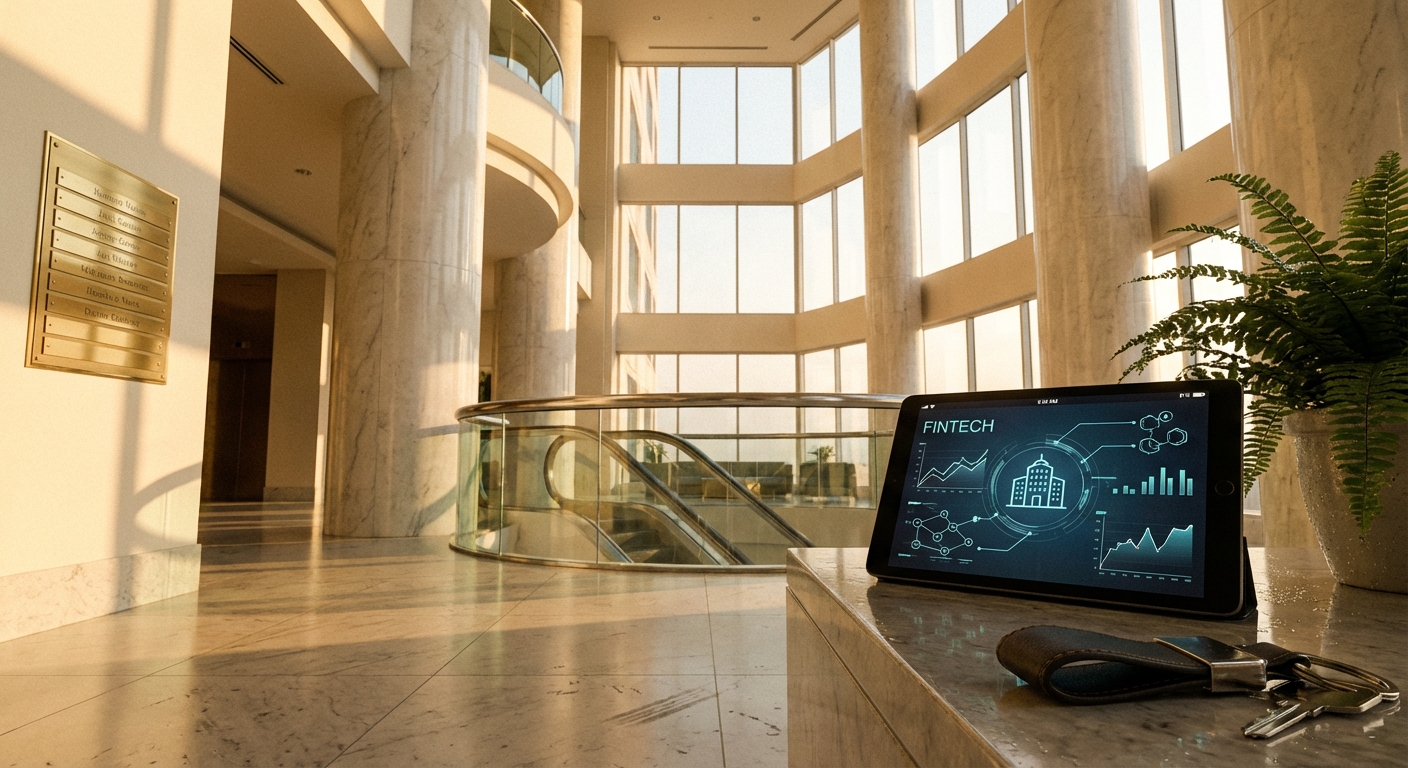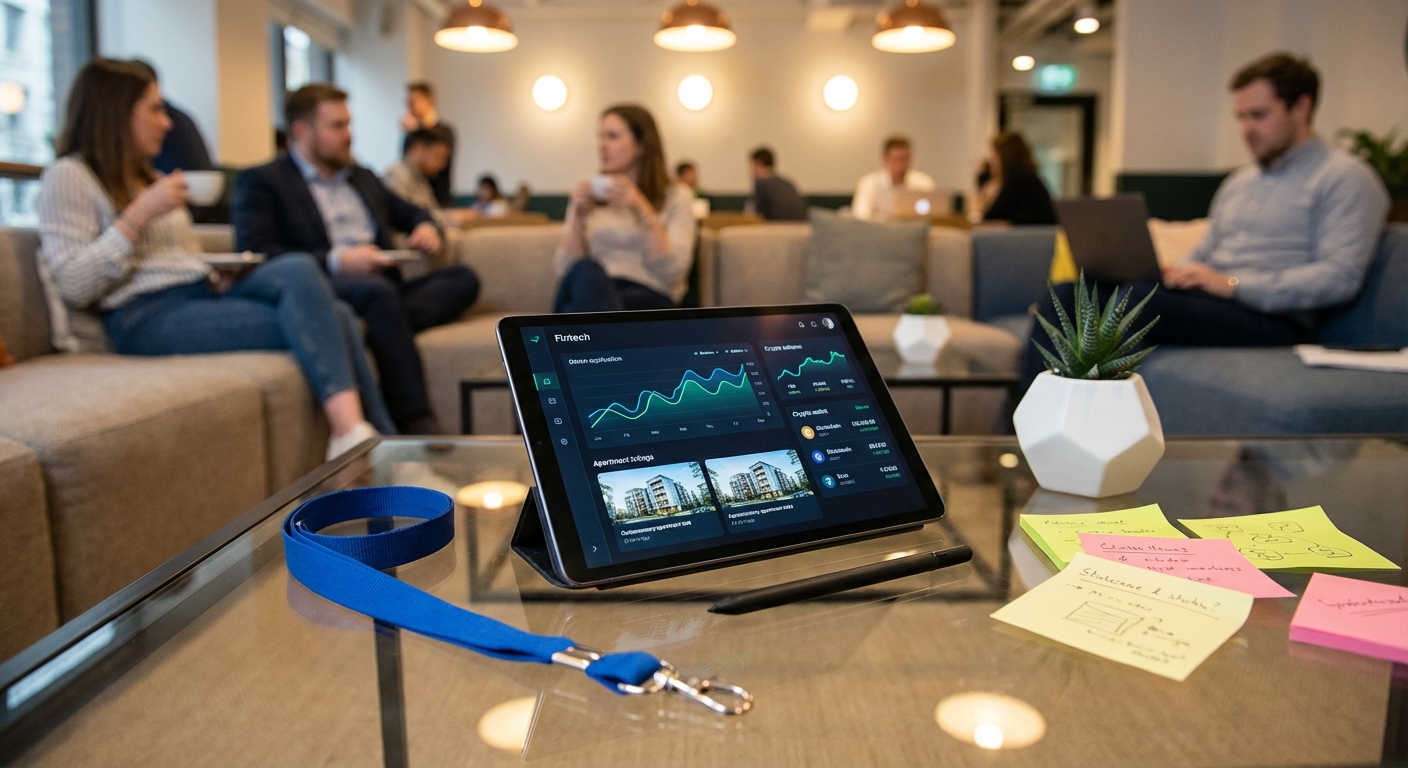Top Security Features of Blockchain-Based Real Estate Platforms
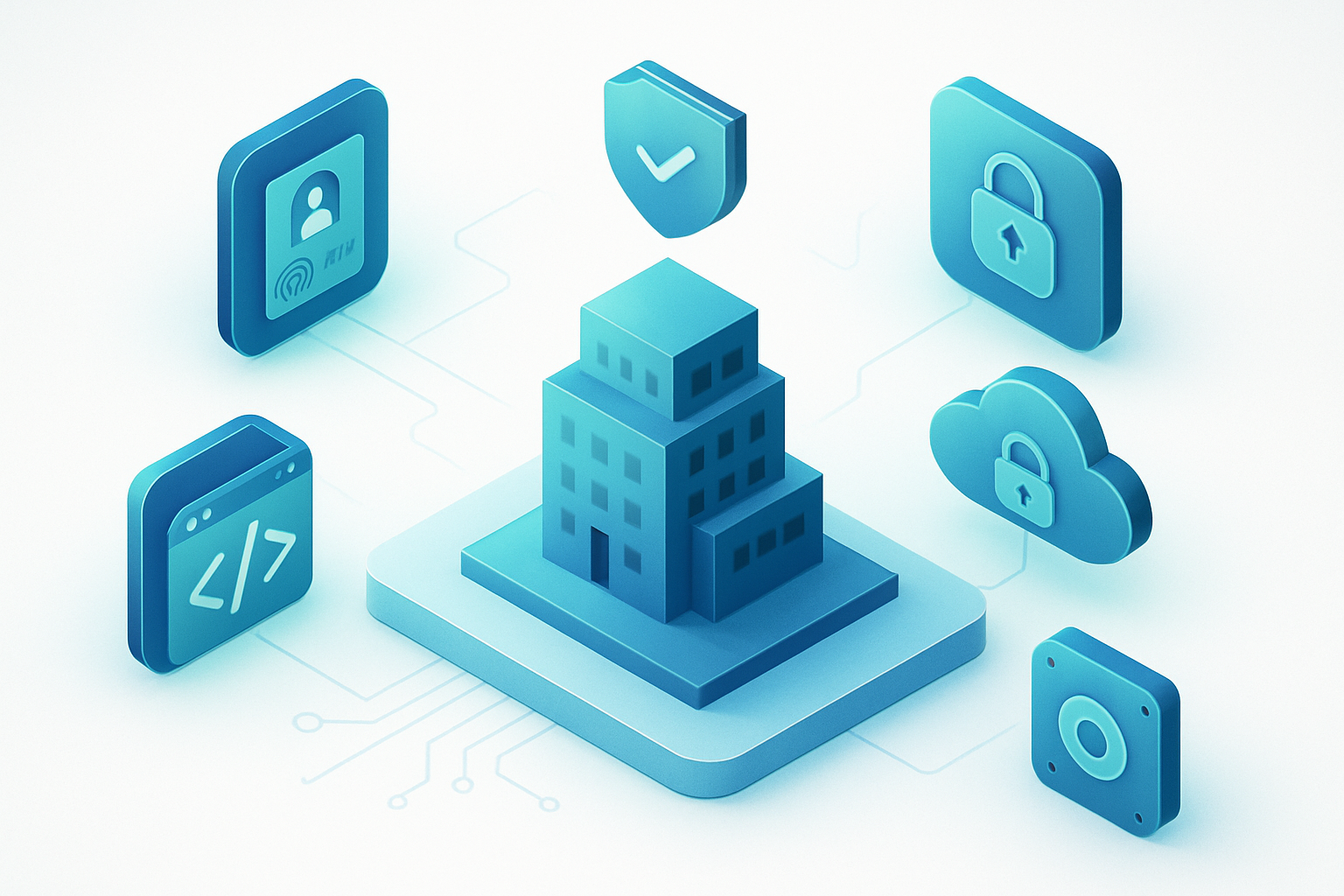
Blockchain-based real estate platforms are setting a new standard for asset security, transaction transparency, and user trust. As tokenized property investment grows in popularity, so does the sophistication of threat actors targeting these valuable digital assets. The best platforms, including Real Estate Rwas, have responded by implementing an advanced suite of security features designed to safeguard both investor capital and sensitive data.

Multi-Factor Authentication (MFA): The First Line of Defense
Multi-Factor Authentication (MFA) is now the baseline requirement for any serious blockchain real estate security protocol. By requiring users to provide two or more verification factors – such as something they know (password), something they have (mobile device), or something they are (biometric) – MFA dramatically reduces the risk of unauthorized account access. This is particularly critical when dealing with high-value property tokens and sensitive personal information.
Leading platforms like Real Estate Rwas deploy MFA across all user accounts, ensuring that even if login credentials are compromised, attackers cannot gain access without the additional authentication factor. According to industry research, MFA can prevent up to 99.9% of automated account takeover attempts (source), making it one of the most effective frontline defenses available.
On-Chain KYC/AML Compliance and Identity Verification
The integration of on-chain Know Your Customer (KYC) and Anti-Money Laundering (AML) protocols is transforming how real estate tokenization platforms manage identity verification. Unlike traditional processes that rely on centralized databases vulnerable to breaches, blockchain-based KYC/AML systems create encrypted, tamper-proof records directly on-chain. This mutualized approach streamlines background checks for tenants and investors while reducing operational costs and enhancing compliance with global regulatory standards (source).
By leveraging decentralized identity frameworks, users retain control over their personal data and can selectively share verified credentials as needed – minimizing data exposure and mitigating risks associated with identity theft or fraud. Only eligible investors who pass rigorous compliance checks are allowed to participate in transactions, making property token security features far more robust than legacy systems.
Top 5 Security Features in Blockchain Real Estate
-
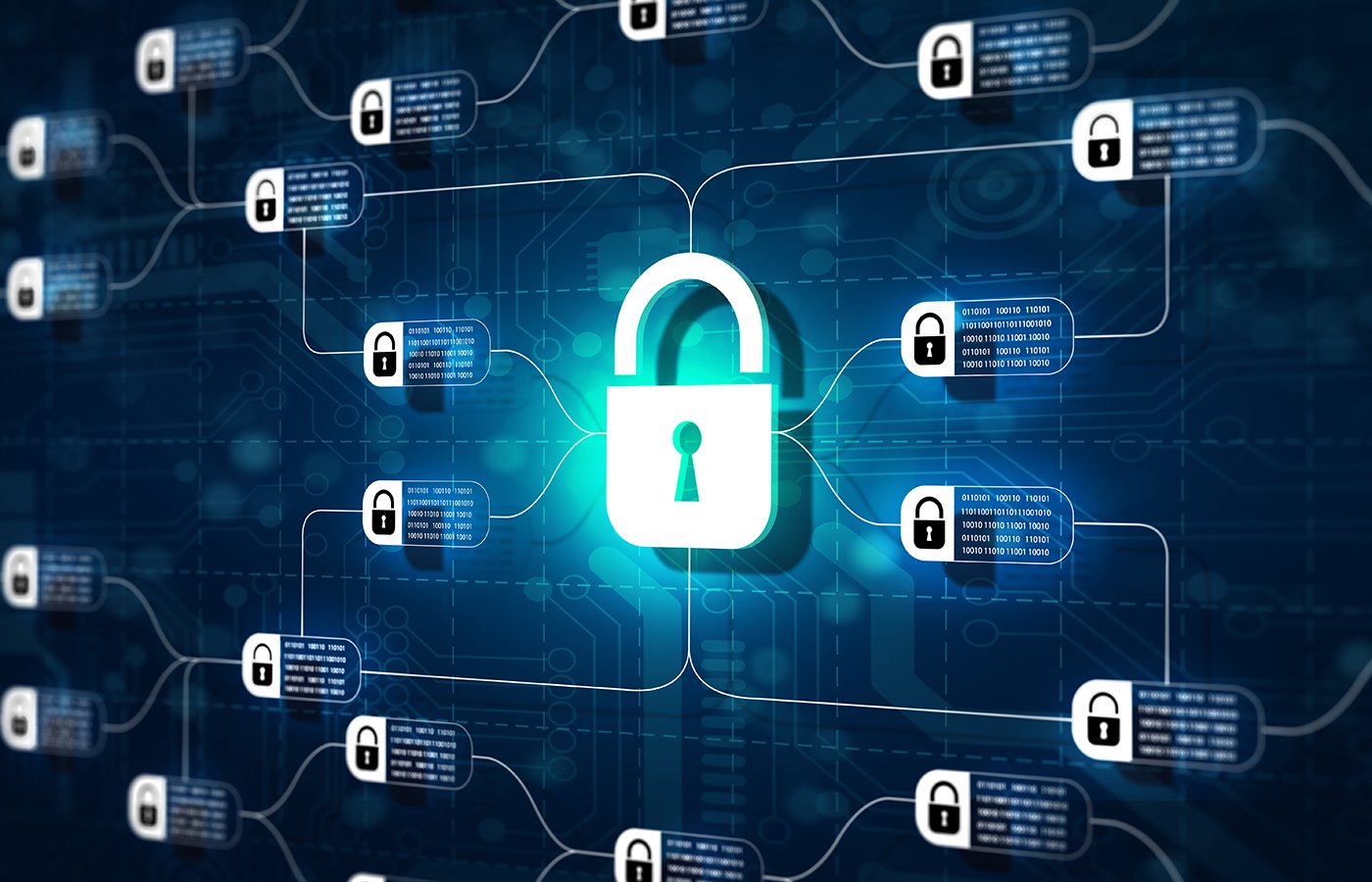
On-Chain KYC/AML Compliance and Identity Verification: Platforms such as SmartRealty and Realio use blockchain-based Know Your Customer (KYC) and Anti-Money Laundering (AML) procedures. This ensures that only verified users can transact, enhancing trust and regulatory compliance.
-
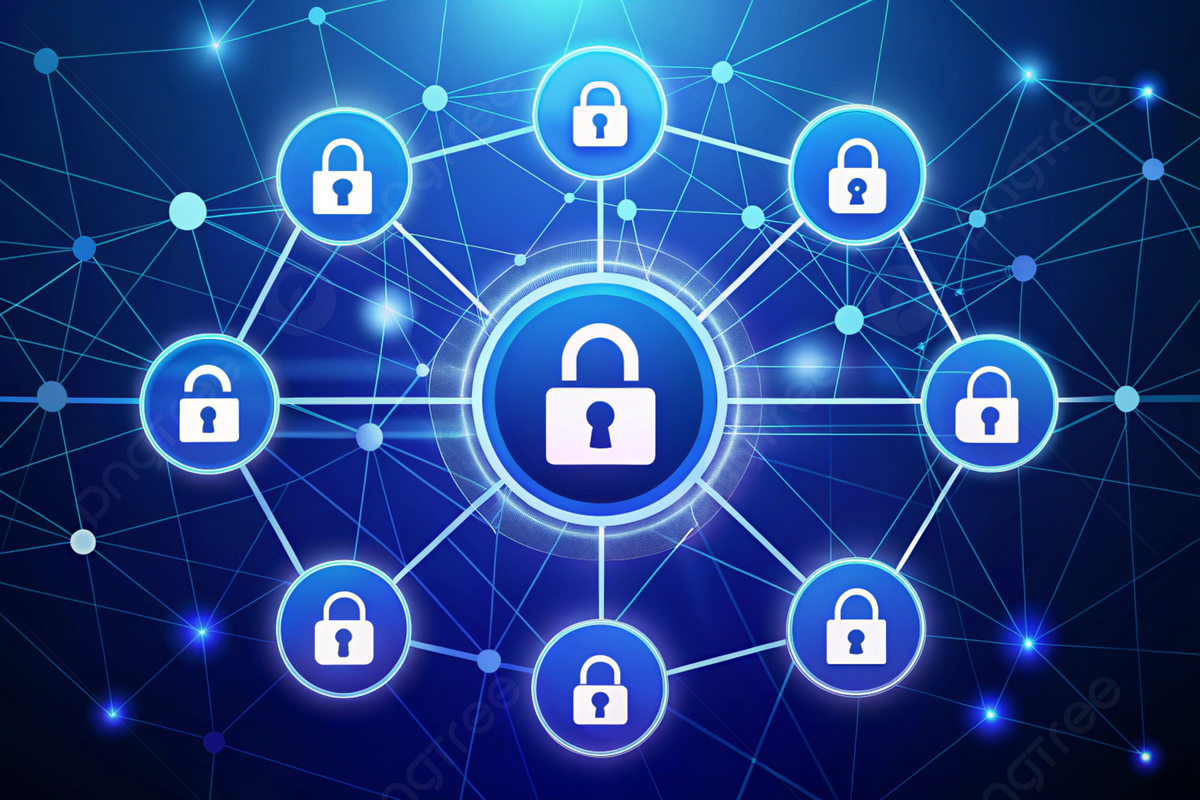
End-to-End Data Encryption for Transactions and Storage: Advanced cryptographic protocols protect all sensitive data on platforms like Lofty AI. Encryption ensures that transaction details and personal information remain confidential and secure from unauthorized access.
End-to-End Data Encryption for Transactions and Storage
The sensitive nature of real estate transactions demands uncompromising data protection at every stage. Blockchain real estate platforms implement end-to-end encryption protocols for both transaction data in transit and information stored on distributed ledgers. Advanced cryptographic algorithms ensure that only authorized parties can decrypt and access confidential details such as ownership records or financial documents (source).
This approach not only protects against external cyber threats but also addresses internal risks by limiting access privileges within the platform itself. Decentralized storage further eliminates single points of failure, making it exponentially harder for attackers to compromise user data or manipulate transaction records.
Smart Contract Audits and Automated Vulnerability Monitoring
Smart contracts are the programmable backbone of tokenized property transactions, automating everything from escrow to rent disbursements. However, their code-based nature introduces potential vulnerabilities that can be exploited if left unchecked. To address this, top blockchain real estate platforms like Real Estate Rwas conduct rigorous smart contract audits before deployment. These audits involve both automated tools and manual code review by specialized security firms, identifying logic flaws, reentrancy risks, and other exploitable bugs.
Beyond initial audits, continuous automated vulnerability monitoring is essential. Platforms integrate real-time scanning tools that detect suspicious activity or attempted exploits as soon as they occur. This proactive approach enables rapid response to emerging threats and ensures that any required patches or upgrades are swiftly implemented without disrupting user operations. Smart contract auditing is not a one-time event but an ongoing process in the fast-evolving landscape of blockchain real estate security.
Cold Wallet Custody Solutions for Tokenized Assets
The final critical layer in property token security features is the use of cold wallet custody solutions. Unlike hot wallets, which are connected to the internet and susceptible to hacking attempts, cold wallets store private keys offline in secure hardware or air-gapped environments. This dramatically reduces exposure to cyberattacks and unauthorized withdrawals.
For investors on platforms like Real Estate Rwas, cold wallet custody means their tokenized real estate assets are shielded from online threats even if platform infrastructure is compromised. Many leading providers partner with regulated custodians who specialize in digital asset protection, often insuring holdings against theft or loss for additional peace of mind. As institutional adoption of tokenized property accelerates, robust custody solutions have become non-negotiable for both compliance and user trust.

Why Security-First Design Matters for Blockchain Real Estate Platforms
The convergence of blockchain technology and real estate investment presents unprecedented opportunities, but also new challenges for safeguarding digital wealth. By implementing advanced controls such as MFA, on-chain KYC/AML compliance, end-to-end encryption, continuous smart contract auditing, and cold wallet custody solutions, platforms like Real Estate Rwas set a new industry benchmark for safety and reliability.
This comprehensive security stack not only protects investors from evolving cyber threats but also enhances transparency and regulatory compliance, key factors driving mainstream adoption of secure tokenized property investment worldwide.
Top Security Tips for Blockchain Real Estate Investors
-
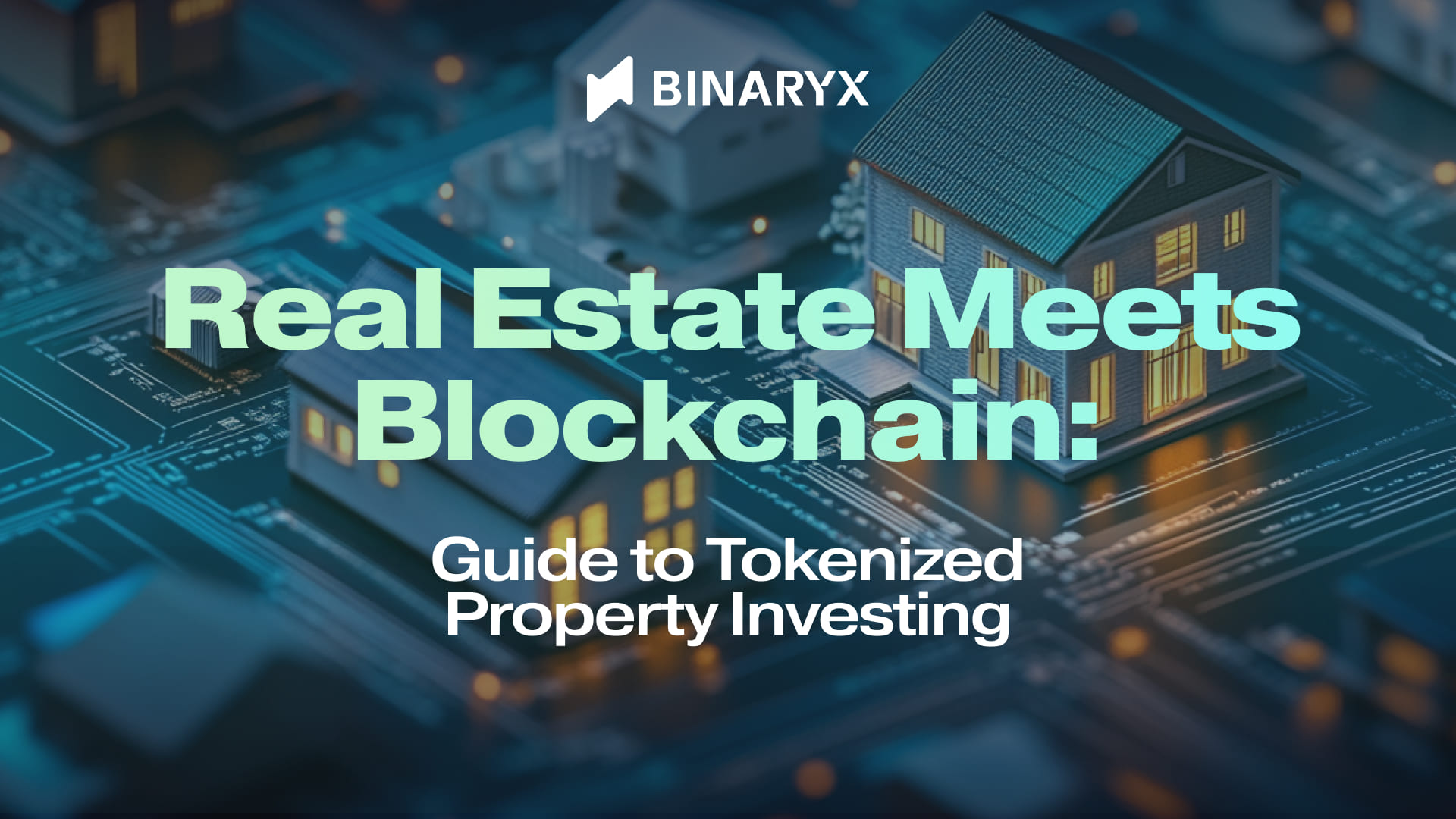
Multi-Factor Authentication (MFA) for User Accounts: Always enable MFA on platforms like Lofty AI and Realty Blockchain to add an extra layer of account protection beyond passwords, reducing the risk of unauthorized access.
-
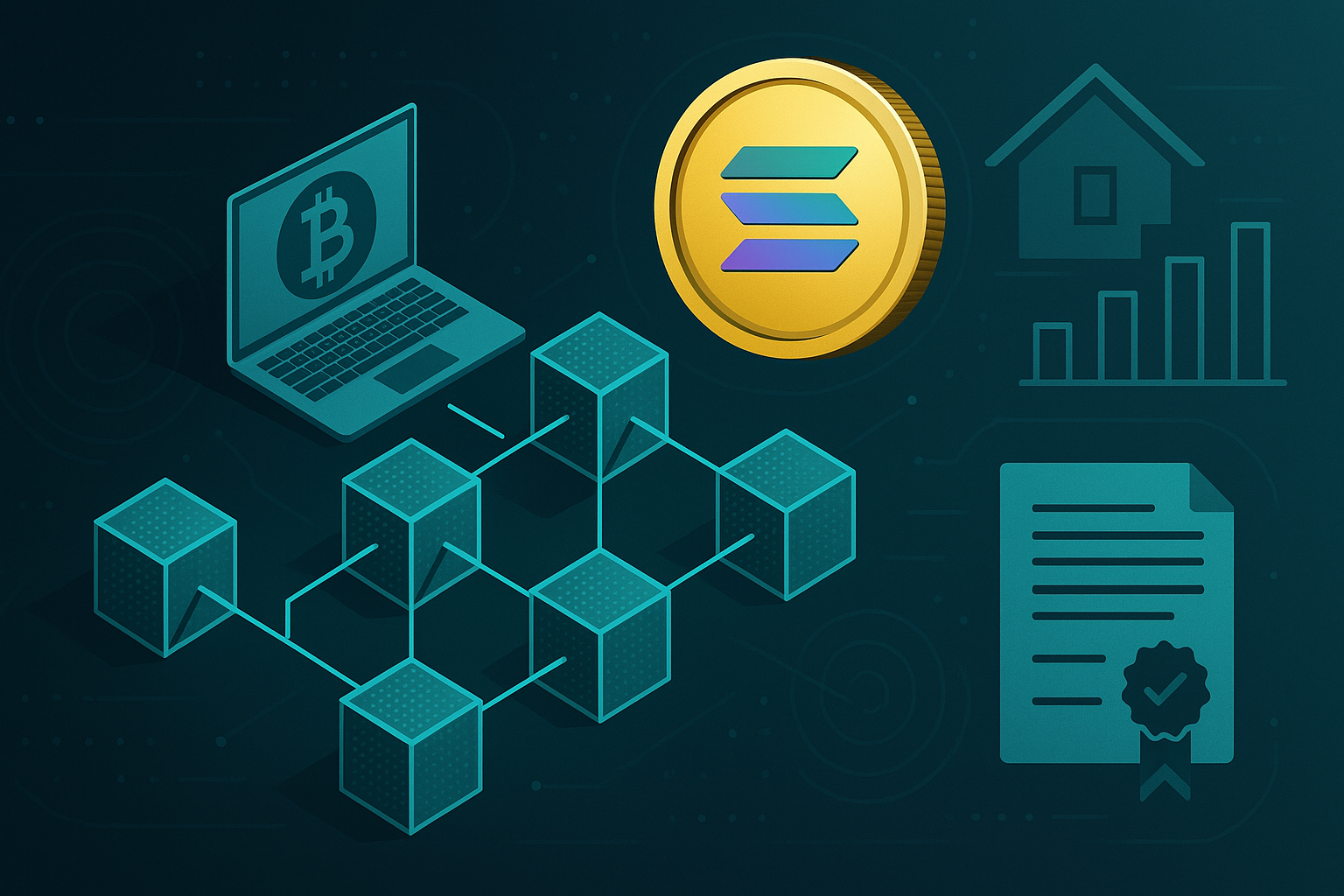
End-to-End Data Encryption for Transactions and Storage: Choose solutions that implement advanced encryption for both data in transit and at rest, like Blocksquare, to protect sensitive financial and personal information from breaches.
-
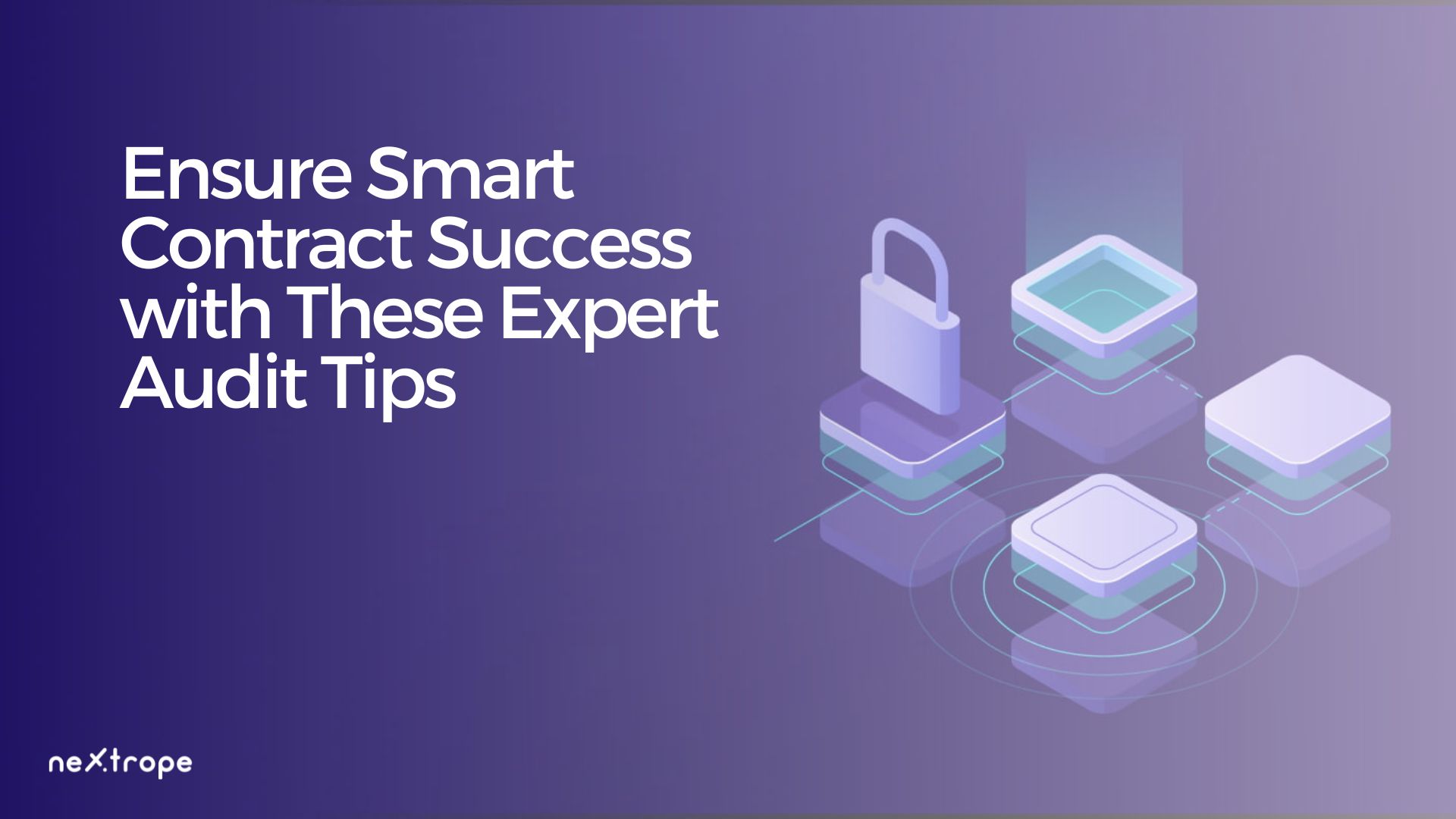
Smart Contract Audits and Automated Vulnerability Monitoring: Favor platforms that conduct regular smart contract audits and use automated tools (e.g., ConsenSys Diligence) to identify and patch vulnerabilities, ensuring transaction integrity.
-
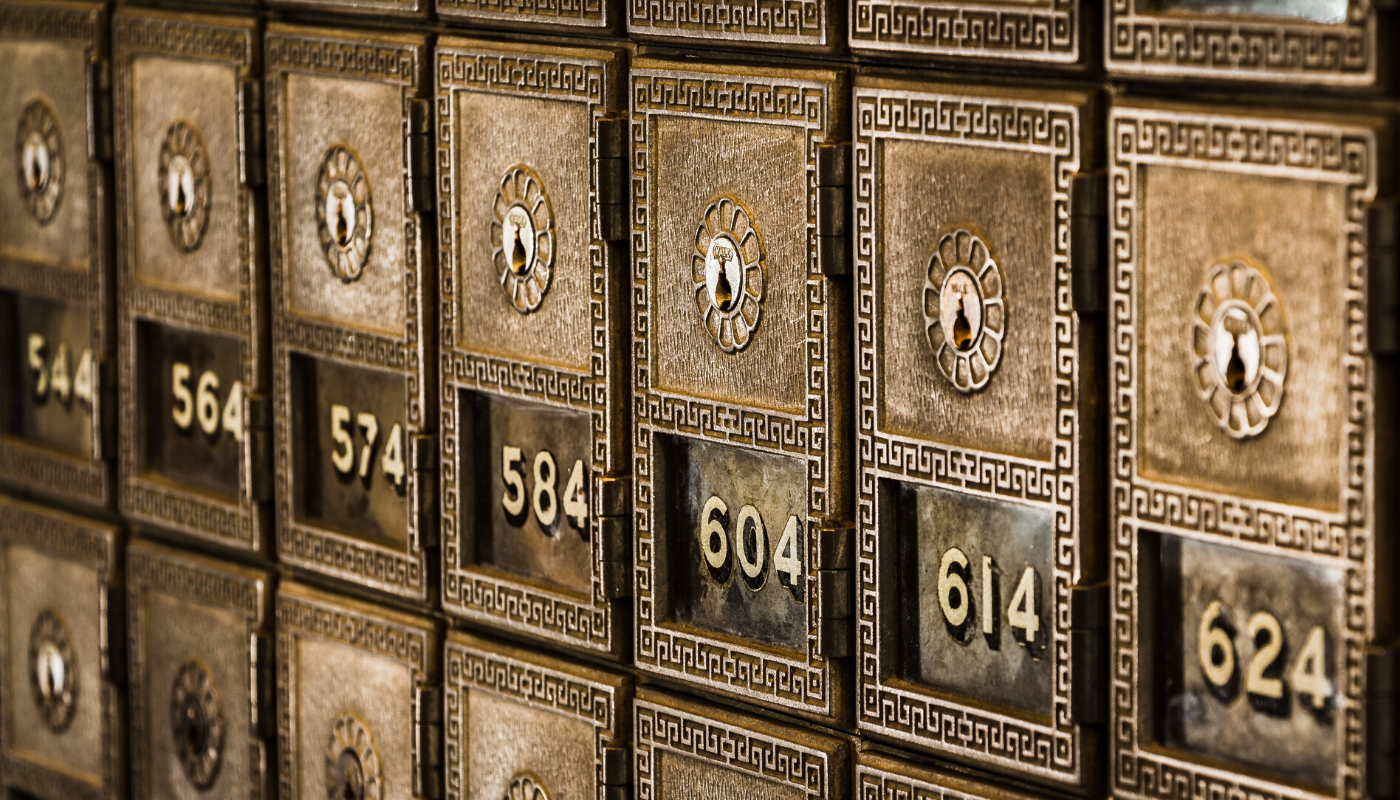
Cold Wallet Custody Solutions for Tokenized Assets: Store tokenized real estate assets in cold wallets (offline storage) supported by reputable custodians like Fireblocks or BitGo to protect against online threats and hacks.
As the market matures and more assets move on-chain, these core features will continue to define best practices in blockchain real estate security. Forward-thinking investors should prioritize platforms that demonstrate an unwavering commitment to protecting user accounts, transactions, and tokenized holdings at every level of the technology stack.



